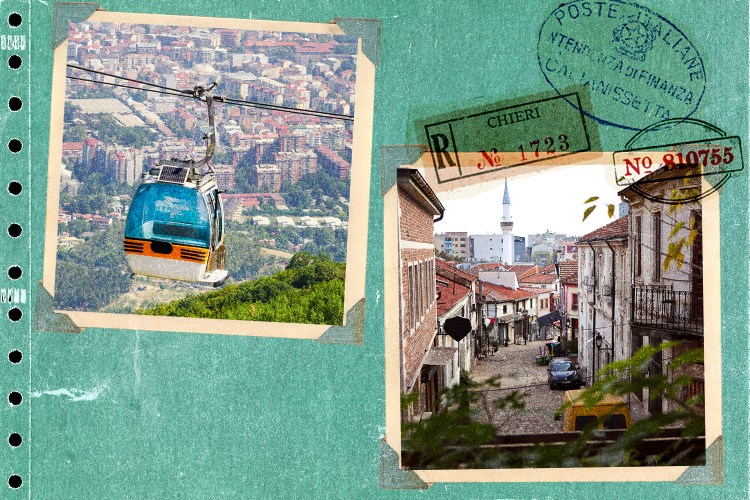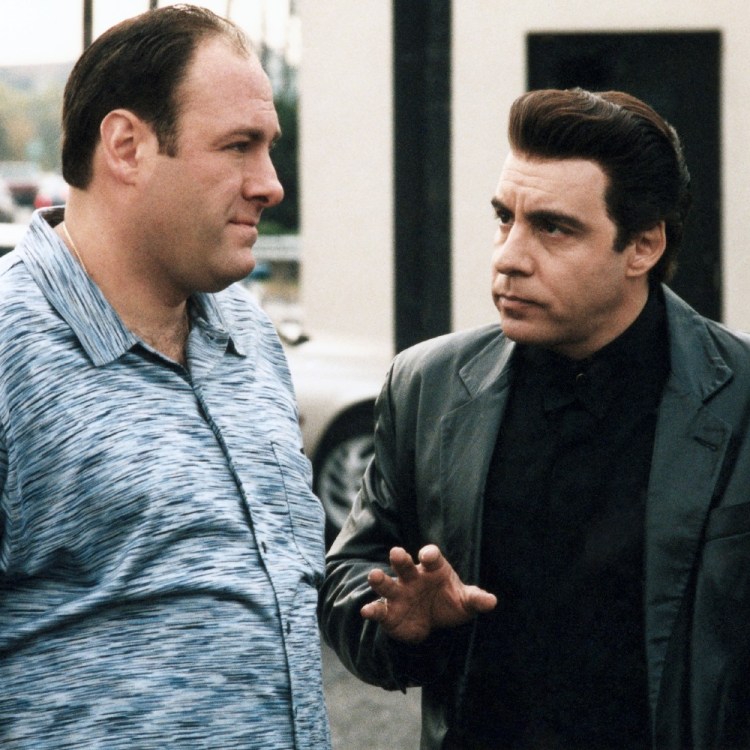You can definitely blame Canada for this one.
But it makes more sense to thank them.
Our friendly neighbors to the north have just made it possible for doctors to prescribe medical-grade heroin to addicts. That’s right: while we’re still fighting about pot, Canada is now treating heroin addiction not like a crime but like the public health issue that it has always been.
The new regulations come with plenty stipulations. Doctors must have exhausted all other treatments. Patients must have been hooked for long enough to have failed at them. And the drug is administered under medical supervision.
The goal is to get users off the streets and into a clinical environment, thereby finally dealing a real blow to the black market in heroin and, it’s hoped, reduce the crime associated with the illicit drug trade and prevent new users from becoming addicted.
It is a refreshingly humane and practical way to treat addiction, which is what we’re talking about here: Treatment. Not legalization.
And looking at the latest stats, it appears to be about time. According to the U.N. World Drug Report, in America alone, heroin use is up 145% since 2007 while remaining flat throughout the rest of the world. Eighty percent of those addicted to heroin started with pills like OxyContin, an opioid that’s a pharmaceutical cousin to heroin and prescribed for cancer and extreme pain.
As The Economist noted, Oxy’s rise is linked to America’s fee-for-service style of healthcare, so no serious conversation about drugs can be had without fully reconsidering how we practice medicine.
The problem with Oxy is that its effects evaporate after three hours, leaving the user back in pain and suffering from a stronger withdrawal than heroin. And treatment with Oxy inevitably ends at some point, leaving patients addicted to the drug without a ready supply. Many turn to street heroin, which is cheaper than black-market prescription meds.
Those who favor the crime-and-punishment approach often make a moral argument: Drugs are bad, period. Legalizing them sends a social message that we think it’s fine to use them.
Unfortunately, this line of thinking has fueled a so-called War on Drugs that has done nothing to alleviate the problem, while sending millions of addicts to prison. It has been, as rapper and former drug dealer Jay-Z noted last week in a New York Times video op-ed, an “epic fail.”
To get a feel for what would happen if we decriminalized drugs, it’s worth looking at the example of Portugal, which did so in 2001. Since then, drug-related deaths have become incredibly rare, HIV rates have fallen, fewer citizens are using drugs and street crime has plummeted.
Furthermore, it’s safer: street smack is so adulterated that impurities can cause more harm than the drug itself.
Also, consider that if we go the Portuguese route and decriminalize all drugs, we could reduce our incarceration rates (American inmates account for an astonishing 25% of the world total, though we make up just 5% of the population).
And keeping all those non-violent offenders under lock and key isn’t cheap. Try $63.4 billion a year.
Imagine what might happen if we adopted the Canadian approach, then applied even a fraction of the savings to social services and public works projects in the communities hardest hit by drug addiction — which, surprisingly, tend to also be witnessing significant economic declines.
Take, for instance Huntington, West Virginia, where 12,000 of the 49,000 residents are hooked on heroin. West Virginia also has the highest death rate from overdoses. It’s also one of the poorest states in the country. The correlation between poor economic circumstances and addiction is touched on in Jay-Z’s video and was the subject of Chasing the Scream, a well-researched history on the war on drugs by Journalist Johann Hari.
Both are rightly calling for a more compassionate approach to dealing with drugs, focusing more on treating addiction than on punishing addicts.
Portual and Canada have the right idea. We should follow their lead.
This article appeared in an InsideHook newsletter. Sign up for free to get more on travel, wellness, style, drinking, and culture.
























